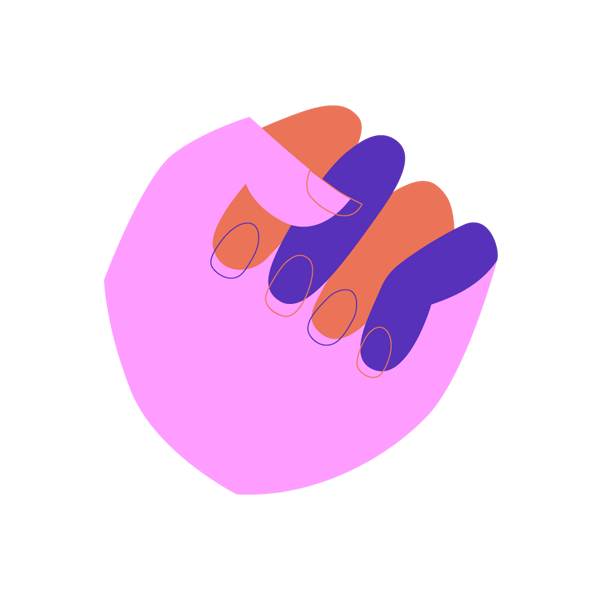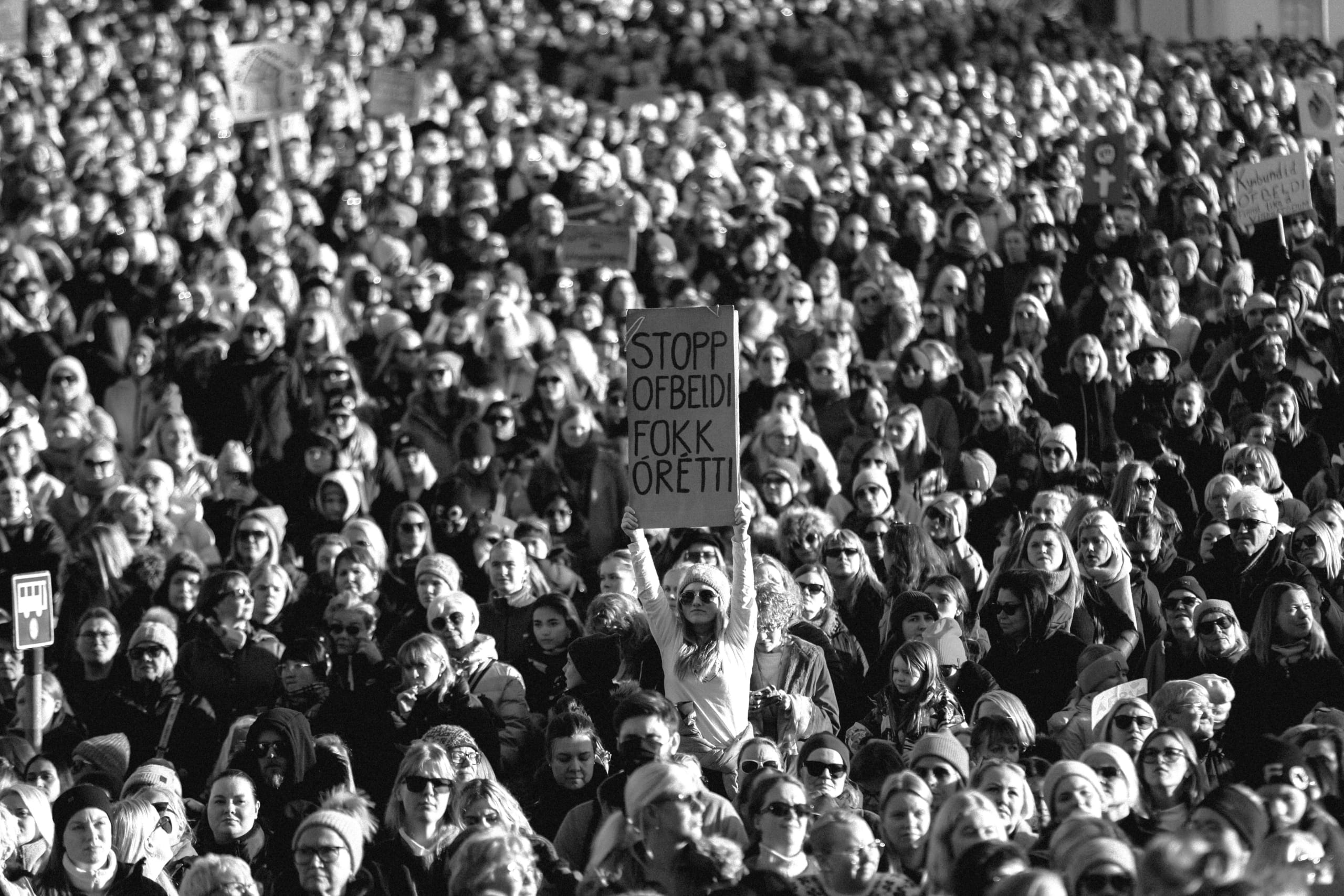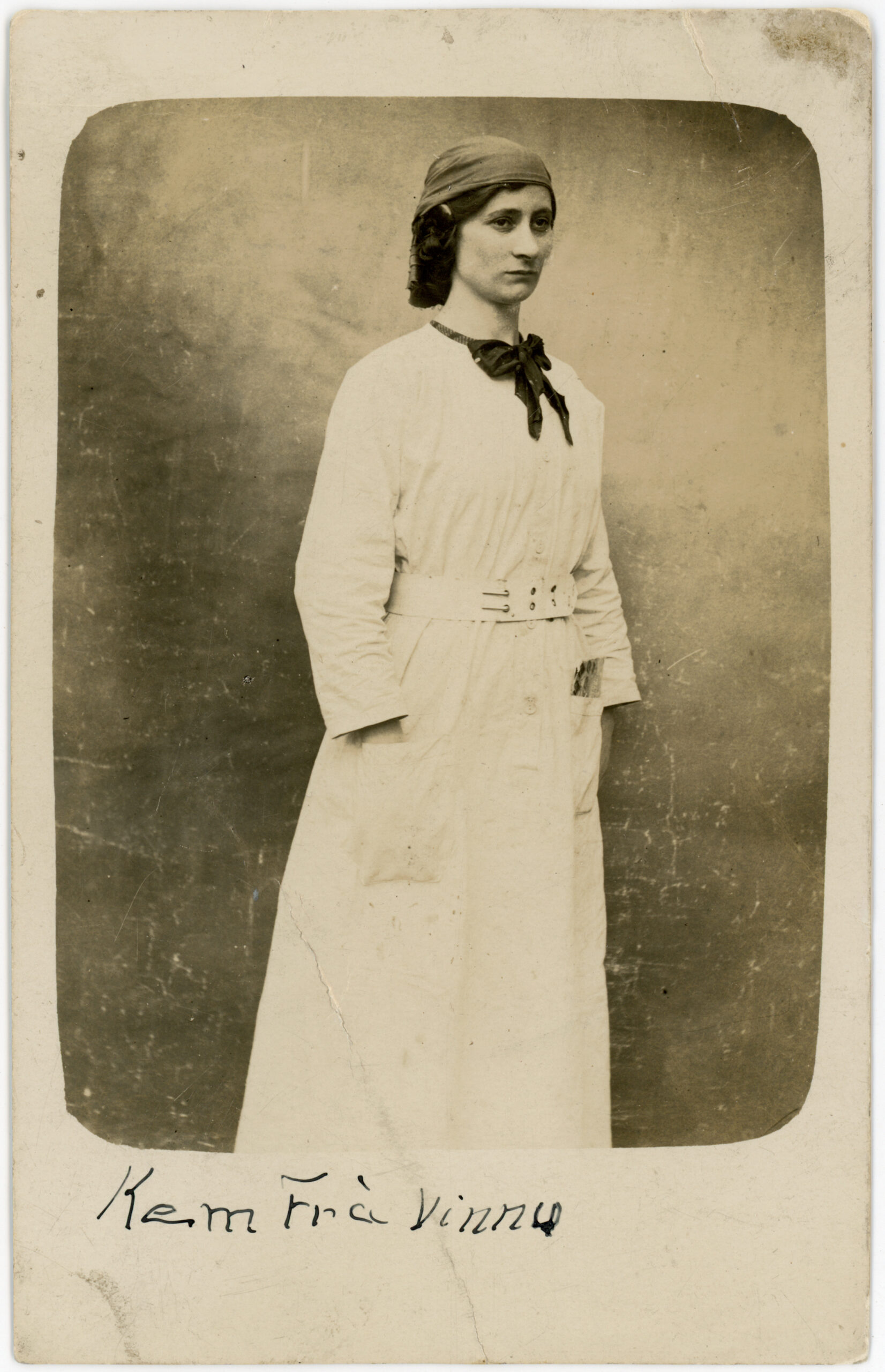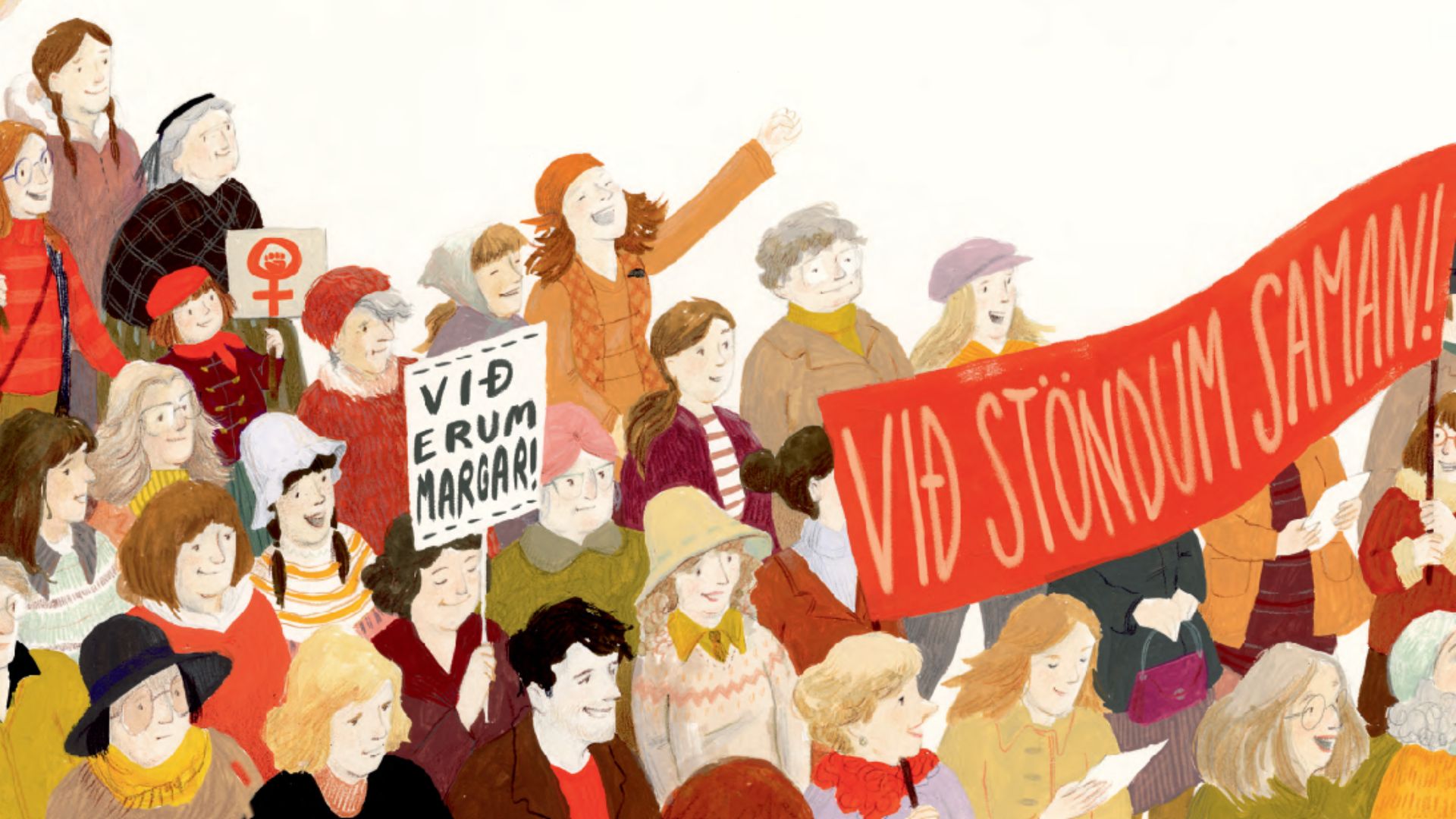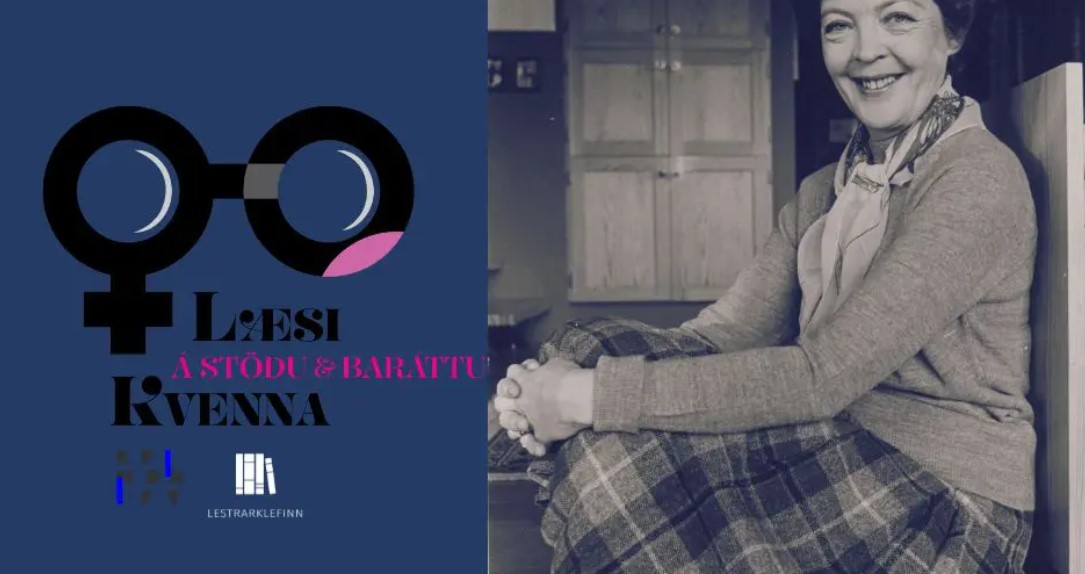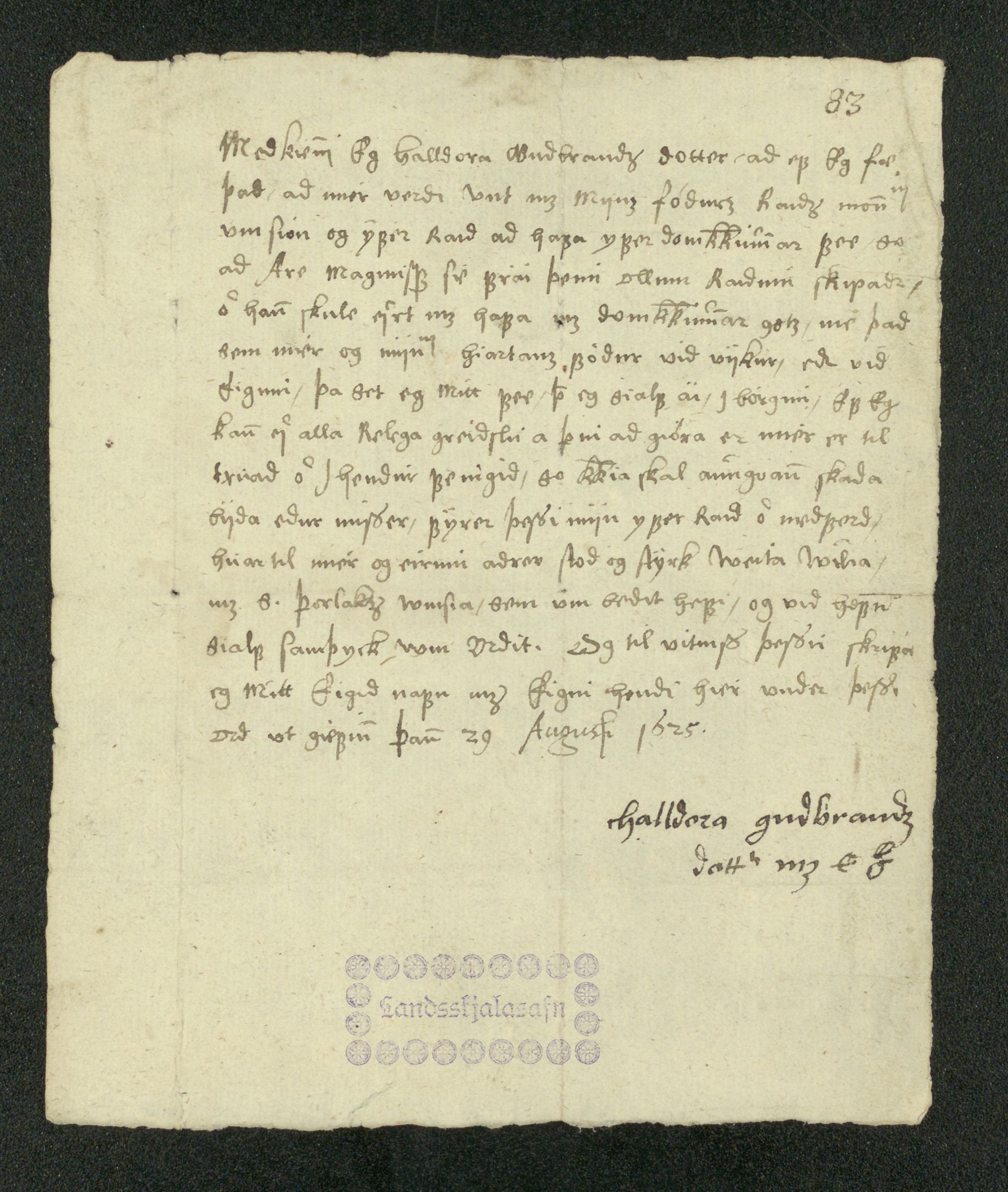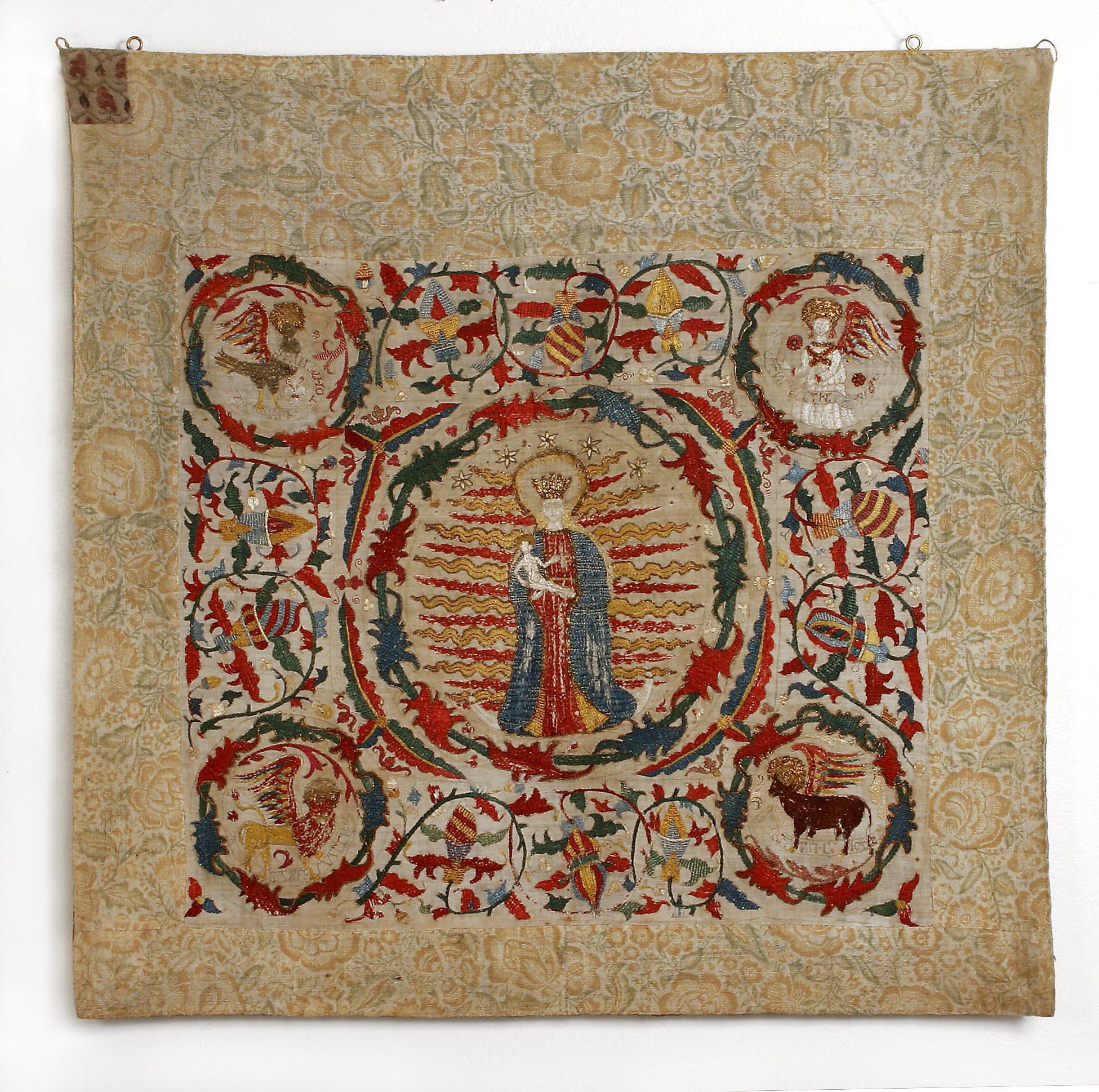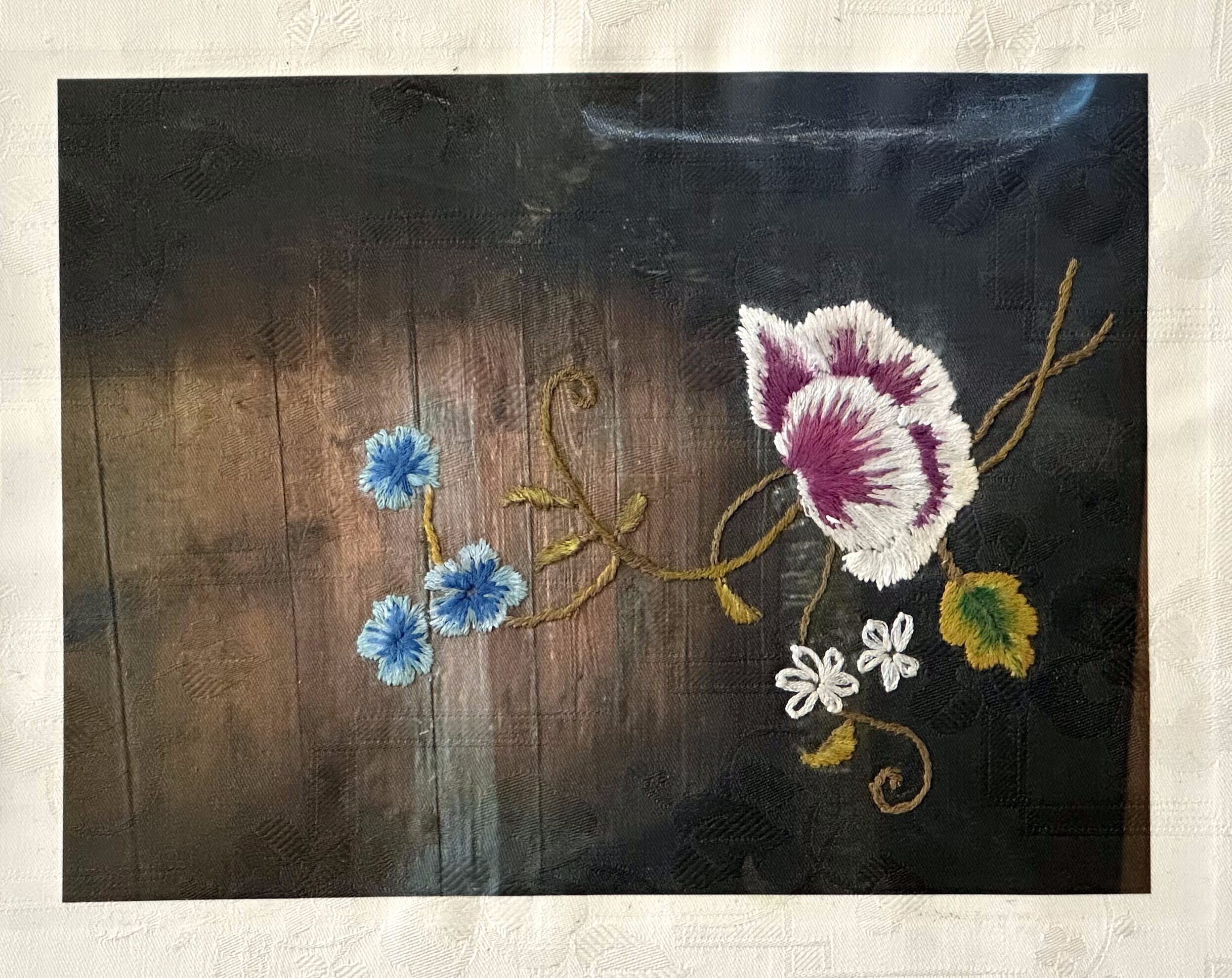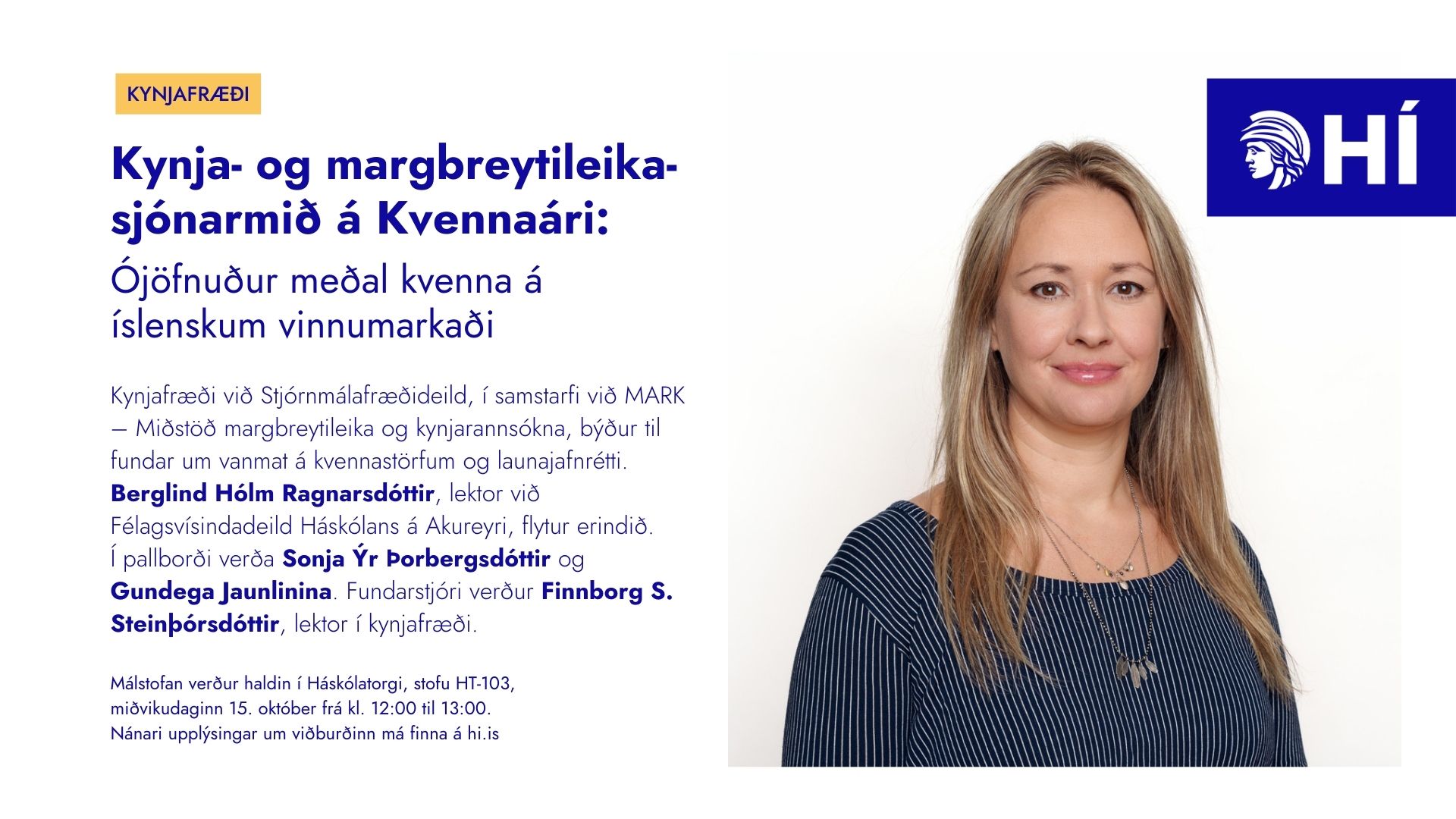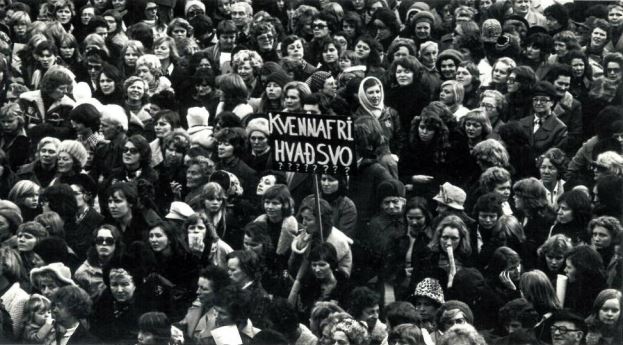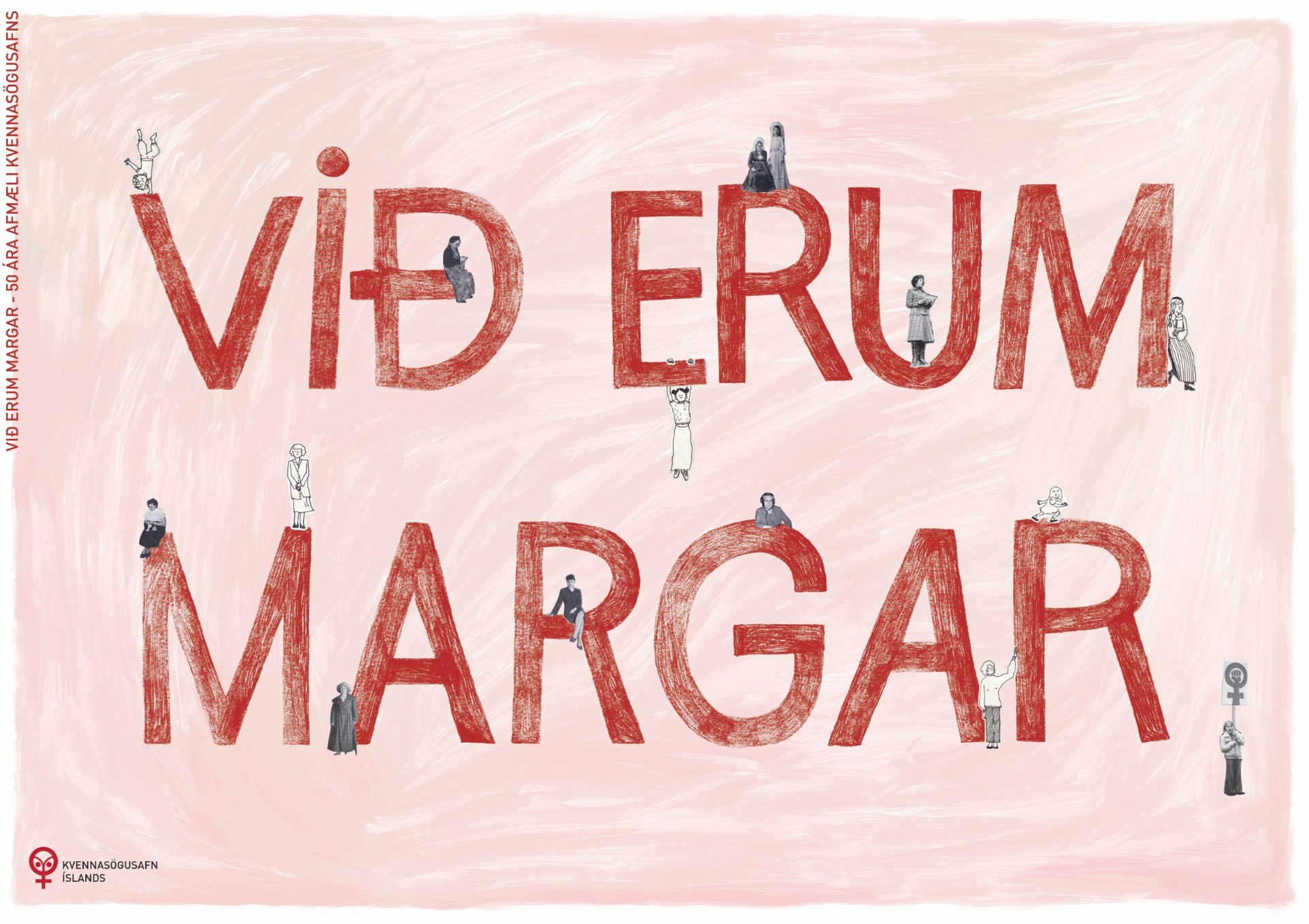Time’s Up
The Women’s Strike // October 24th 2025
Fifty years have passed and the fight is not over. Reports of violence have increased, the gender pay gap gets wider and the division of labour at home is unjust. Equality is not on the horizon. That’s why we strike! We seek inspiration from the women that paved the way, as we walk through the milestones of the history of the fight for equality. Then we gather in solidarity by Arnarhóll or around the country. We are going to change society — together. For us. For women and non-binary individuals. For the future. Nothing can stop us.
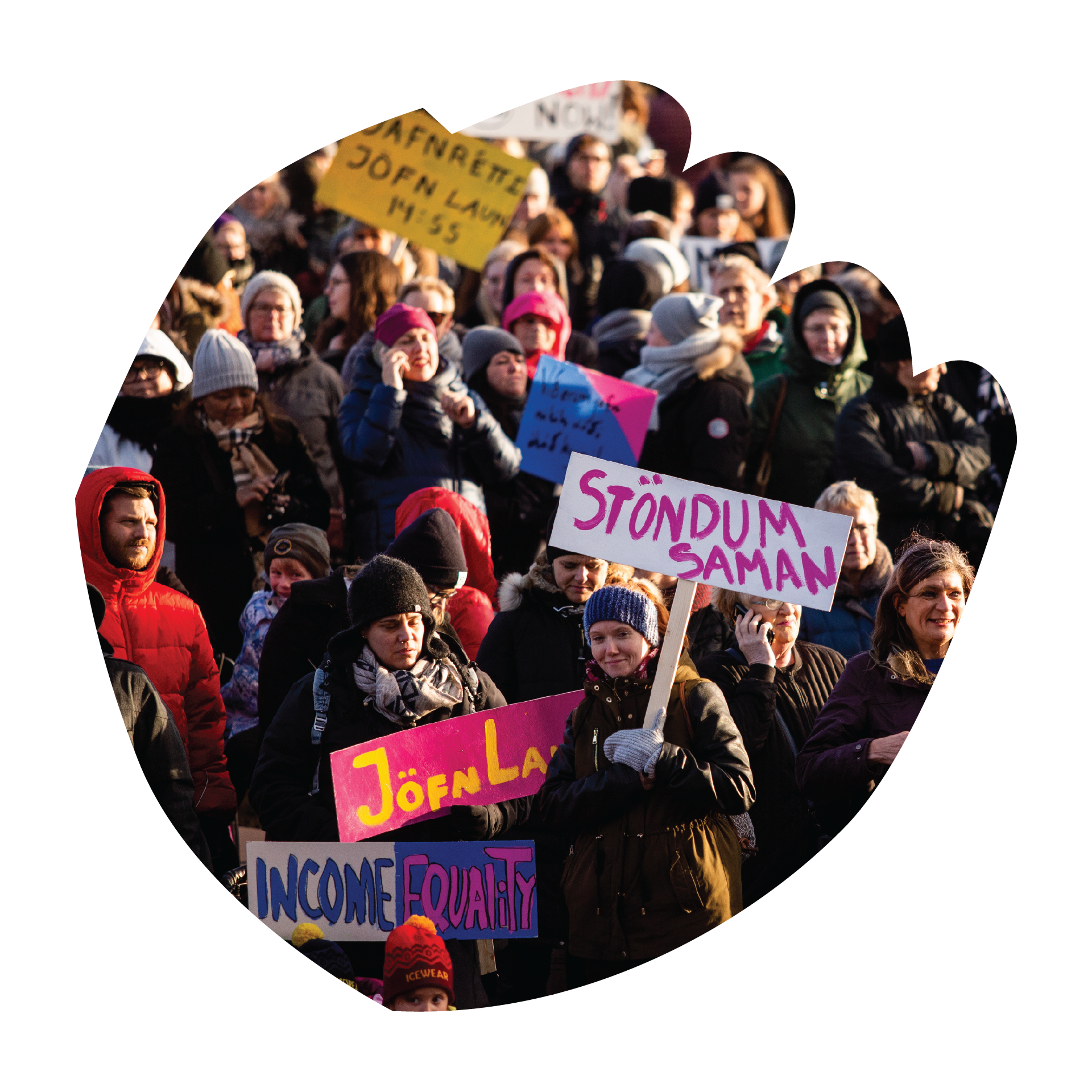
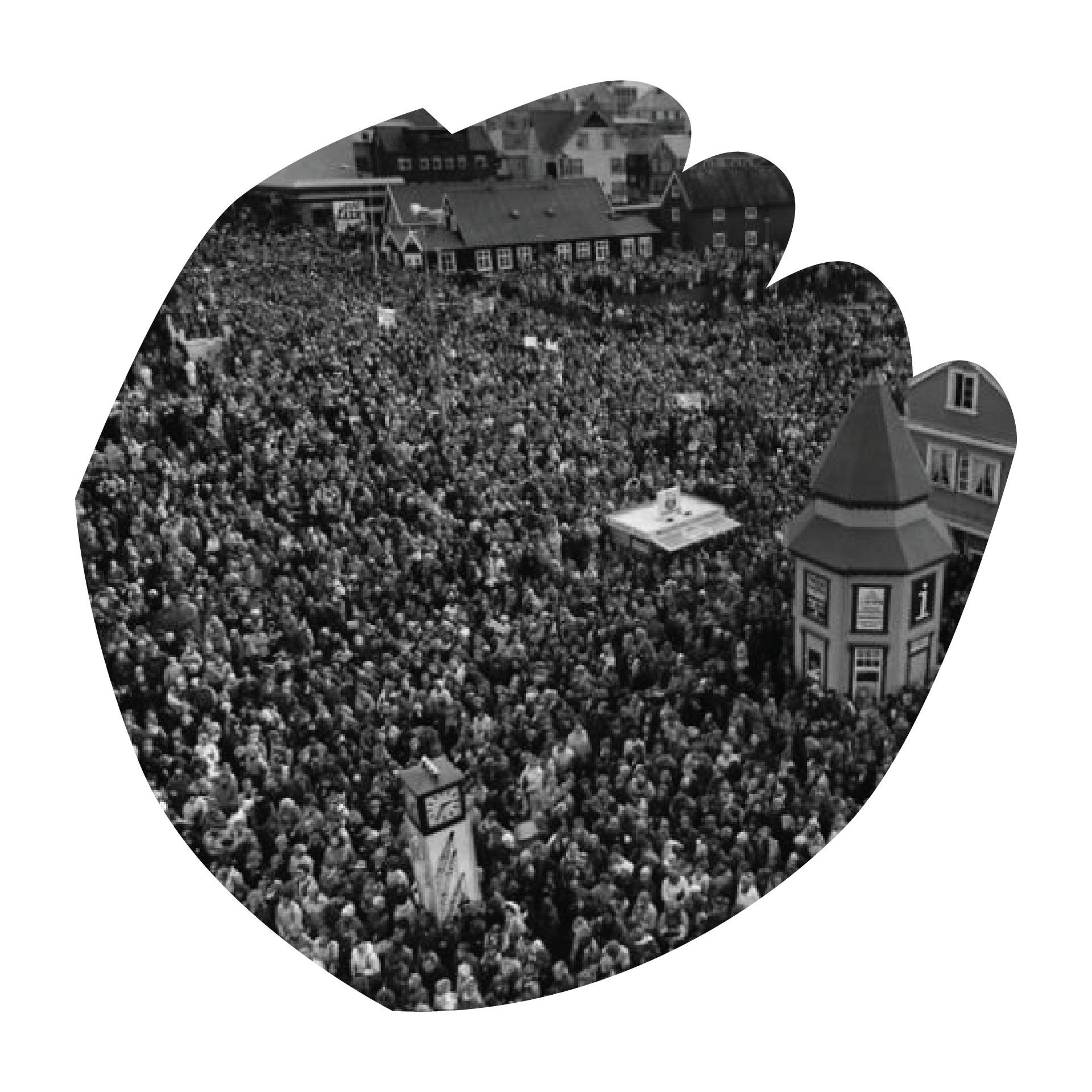
Women’s History March
Marching through the Milestones
The fighters of the past have set the course forward and made the milestones again and again. But with every step forward, we are forced to backtrack once again. To commemorate the 50 year anniversary of the first Icelandic Women’s Strike, we invite you to participate in a march through the history of the fight for equality. Get inspired by the achievements of the past. The Women’s History March starts in Sóleyjargata at 2 PM and ends at Arnarhóll, where we’ll gather for an outdoor meeting.
We’ll show up until we don’t have to anymore
We unite by Arnarhóll to reiterate our demands. Music, speeches and the power of solidarity — This is a global event, that you cannot miss.
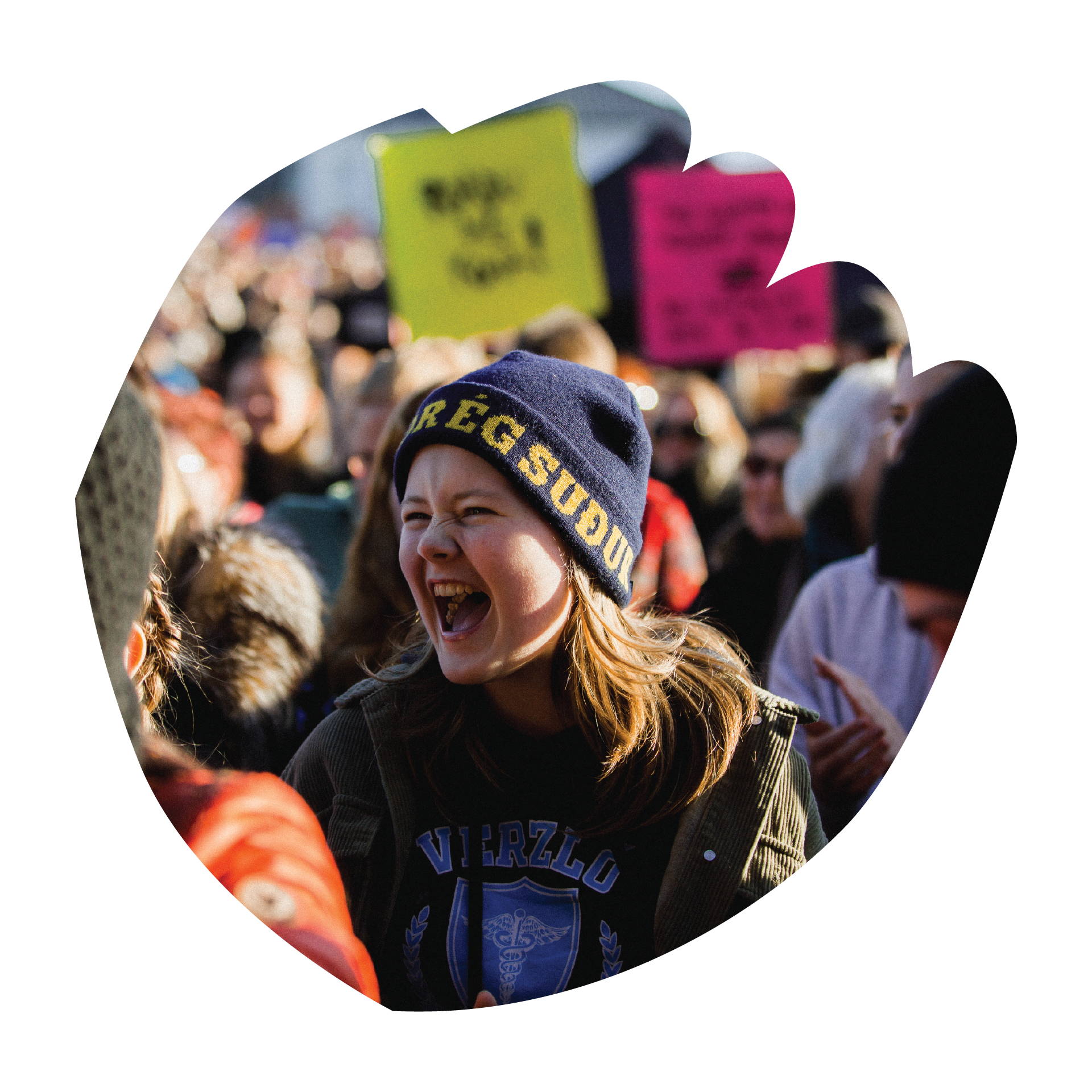
Our Demands
Iceland has a long way to go until full equality is achieved. Women and nonbinary people still live with a variety of discrimination, for example wage inequality, and an epidemic of gender-based violence is still raging here. Certain groups are the most disadvantaged, women of foreign origin, queer women, women with disabilities, women with low-income, and homeless women. Gender inequality affects women’s health and well-being, and the number of women among disability pensioners has increased.
For half a century, women, and now nonbinary people, have come together on October 24th to demand action for equality in Icelandic society. Last year, over 100,000 women and men stopped work in order to demand change. But little has changed and now action must be taken. Actions against violence, actions against the gender wage gap, actions to improve the status of mothers and actions against discrimination in the labor market.
Underestimation of women’s jobs and equal pay
Women’s earnings are still around 21% lower than men’s. The main reason for the gender wage gap is the gendered labor market, and the underestimation of traditional women’s jobs. The working days of women of foreign origin are longer and more irregular than in general among women in Iceland, and their wages are lower. Women who work in cleaning and childcare receive the lowest wages in Icelandic society. Financial independence is a prerequisite for ensuring the safety and freedom of women and children. The government needs to stand with women and nonbinary people and take action to:
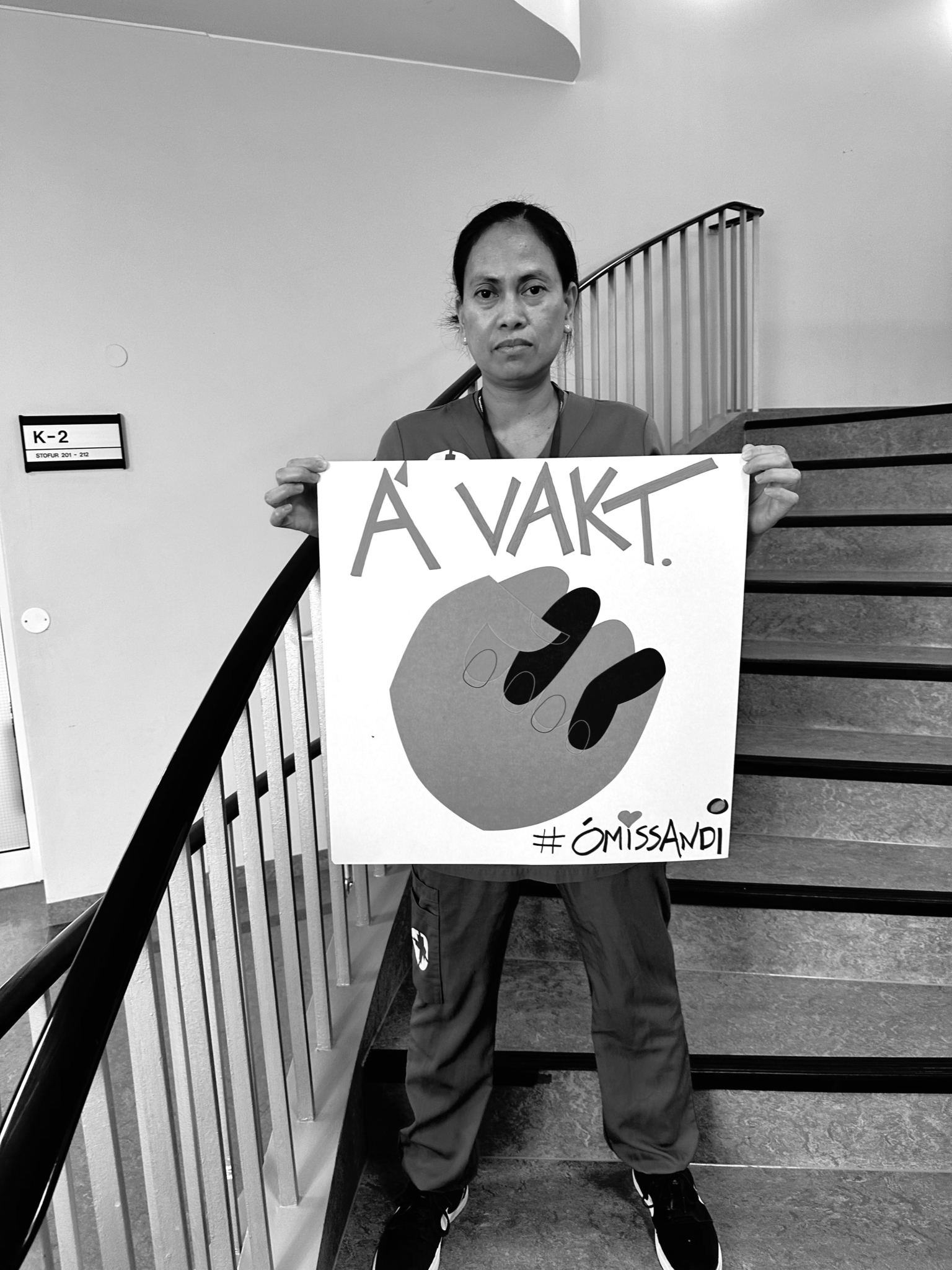
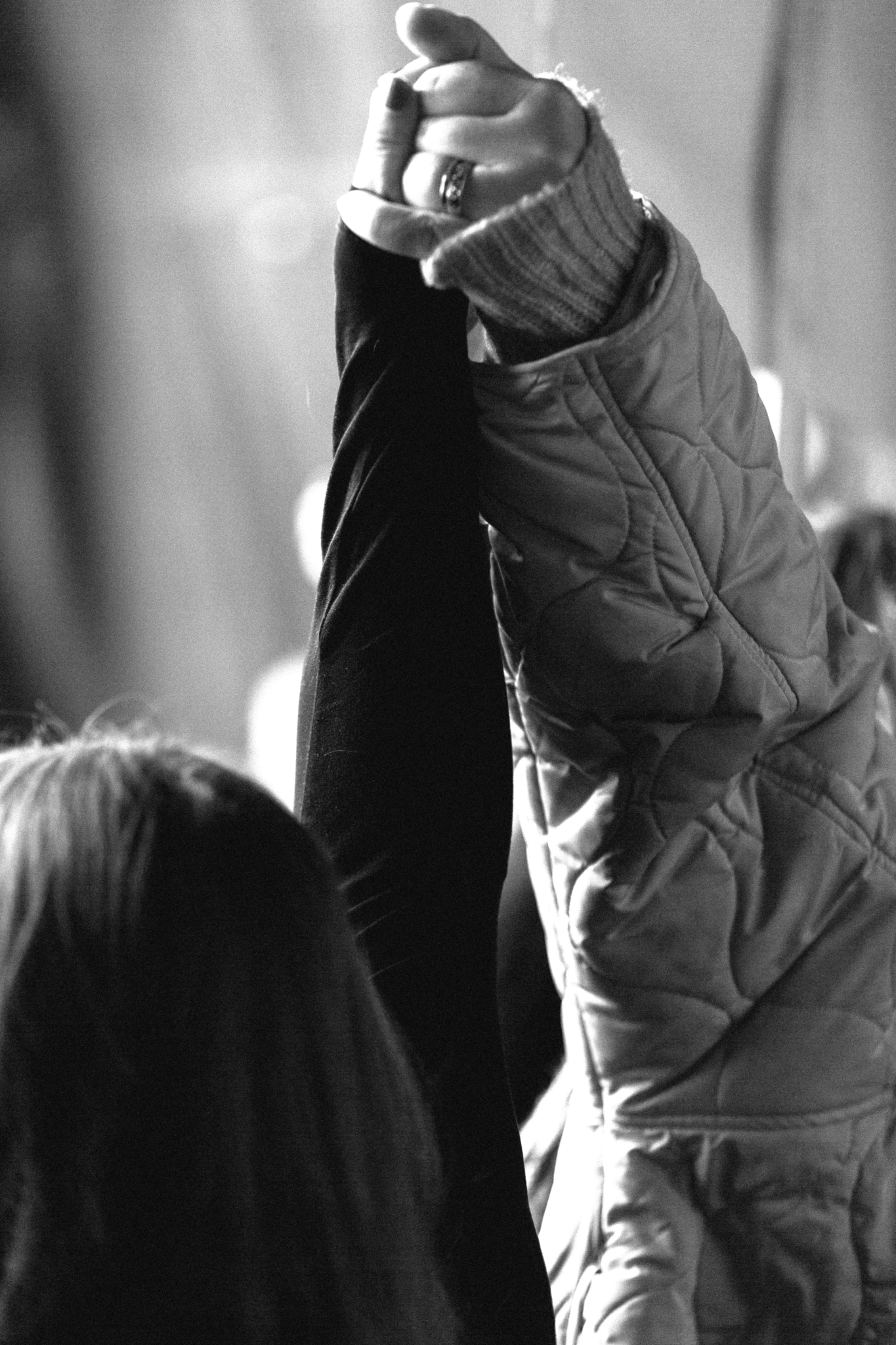
Women’s unpaid work and care responsibilities
Women more often have to reduce their paid work in order to do unpaid work within the home. More than half of all children do not get a preschool placement until after 18 months of age.
The care gap affects the income, opportunities and pension rights of mothers more than fathers. The income of mothers drops by 30-50% when a child is born, and in the third year it is still significantly lower than before. The income of fathers drops by 3-5% when a child is born, but has become the same as before after one year. Single mothers have a very hard time making ends meet.
Gender-based violence
About 40% of women have experienced violence in their lifetime, but trans people, including nonbinary and other genderfluid people, disabled women and women of foreign origin are more likely to experience violence than others. 15% of girls in the 10th grade and 6% of boys have been sexually abused by another teenager. Cyber violence can be just as serious as violence in the real world, and 58% of girls and 35% of boys have experienced digital sexual violence. Those who care for young victims of sexual violence increasingly see a strong connection between pornography and the victims’ descriptions of the violence.
The consumption of pornography among children and teenagers has become so common that this has become their main means of getting information, much more so than actual sex education. People who work with children and teenagers see the tangible effects of pornography on their relationships – lack of boundaries, disrespect, unwelcome touching and crude language. In addition, we must respond to hate speech and prejudice against queer youth with appropriate education in schools.
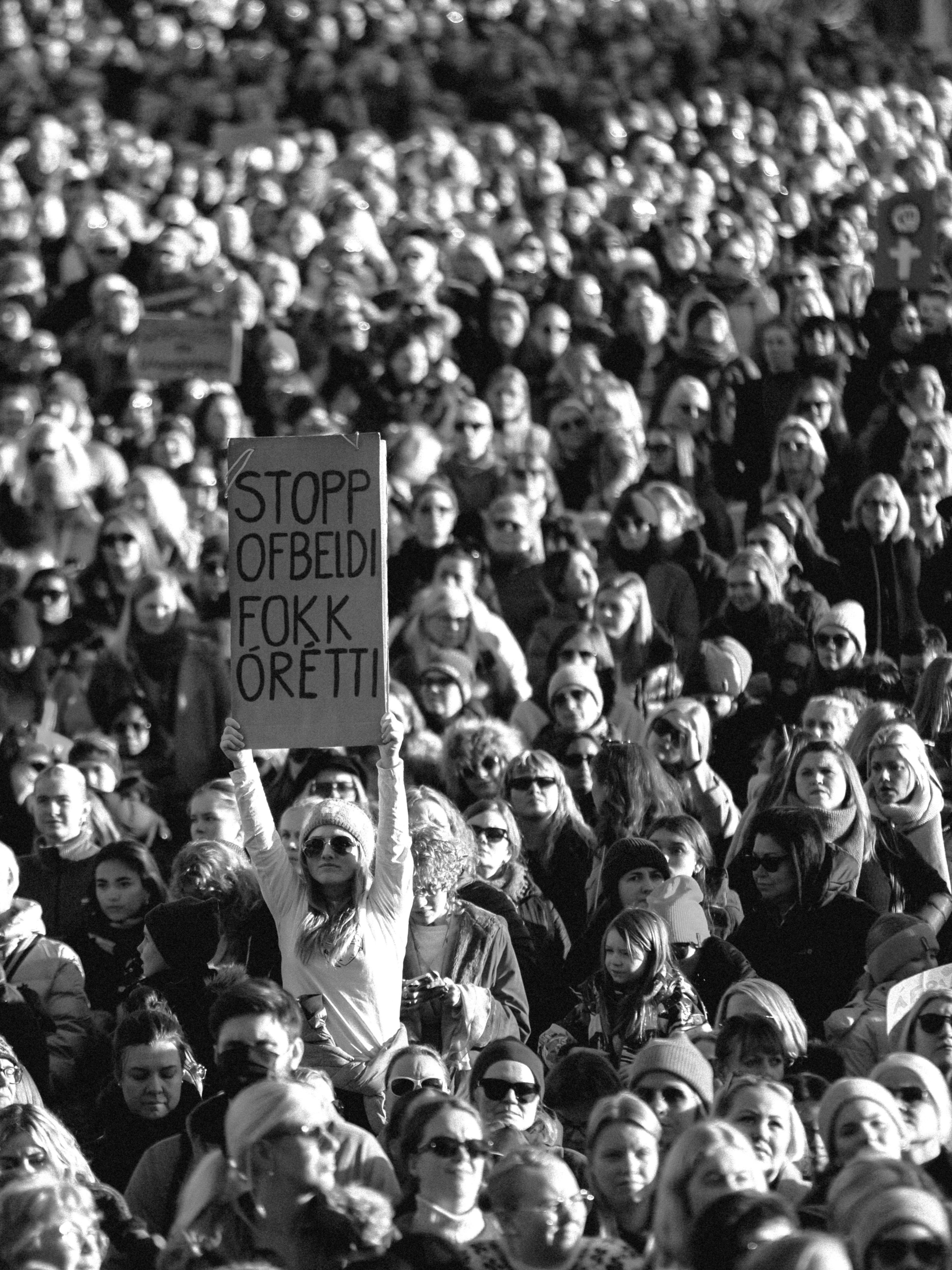
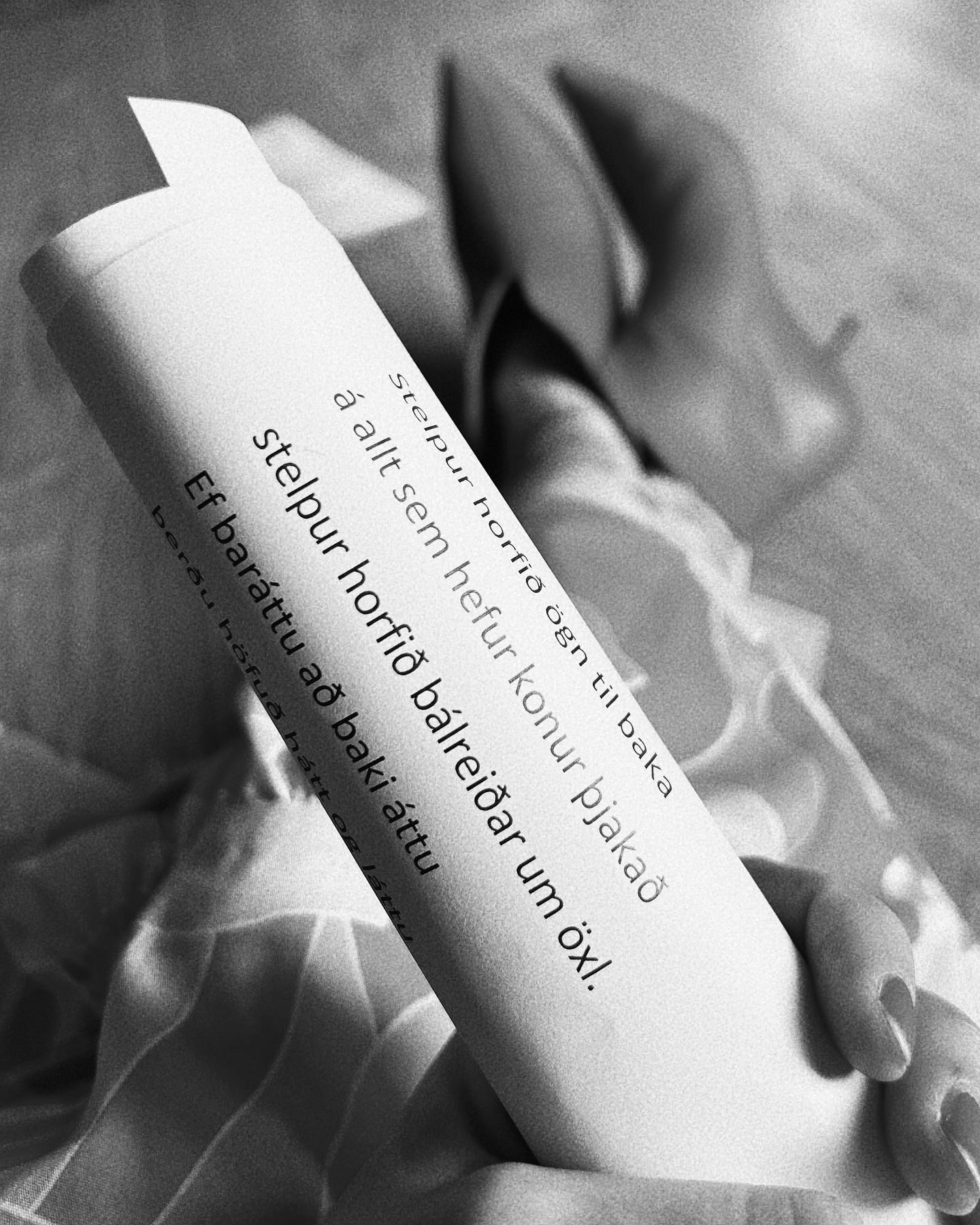
A restraining order is severely lacking when it comes to having the desired effect, since a violation against it does not have immediate consequences. A violation should incur fines that would be imposed when the violation is committed. It is common that when women and nonbinary people expose the violence they are subjected to and demand that the perpetrators be held accountable in some way, they are hit back hard, including with defamation lawsuits that endanger their financial future no less than the mental well-being of the whistleblower.
Hate speech based on gender and sexuality has become prominent and widespread. In the latest report of the International Monitoring Committee on the Elimination of Discrimination against Women, it is emphasised that Iceland needs legislation that makes this type of hate speech a criminal offence.
The reasons why people, mainly women and nonbinary people, end up in prostitution are for the most part due to a lack of money, and therefore economic independence is a key factor in preventing this violence, no less than control over one’s own body. However people define prostitution, most consider it important to have a way out on social grounds.
Events
Why Kvennaár?
It has been 50 years since women all over Iceland stopped their paid and unpaid jobs and brought the country to a standstill. And yet, despite a tireless struggle for half a century, women in Iceland still have to endure inequality and violence.
Record participation in the Women’s Strike a year ago, in 21 locations across the country and the largest outdoor meeting in Iceland’s history in Reykjavík, definitely showed that we are ready to take over from the baton from women who came before us and continue the fight against injustice. Empowerment, fighting spirit, and a clear call for change characterized this tremendous act of solidarity just like in 1975. A society that stands up so strongly against inequality has all the potential to become a real equality paradise.
In order to follow the Women’s Strike, we, multiple organizations of feminists, women, workers, disabled and LGBTQIA+ people are joining hands again and present our demands. We give the government one year or until October 24, 2025 to implement these demands into legislation and take action to ensure full and final gender equality.
We are not going to wait any longer! In order to follow the demands and continue the revolution, we are also announcing Women’s Year 2025, during which we plan to cooperate closely in our activism for a society where everyone has equal opportunities and possibilities. The further program of the Women’s Year 2025 will be announced at the beginning of the year.
Now we join hands once again and rally behind the demands. We know that our collective power is unstoppable. History shows us that. We dare, we can, we will!
Organisers
- Aflið
- Alþýðusamband Íslands
- Bandalag kvenna í Reykjavík
- BHM – Bandalag háskólamanna
- Bjarkarhlíð
- Bjarmahlíð
- BSRB
- BPW Reykjavík
- Druslugangan
- Femínísk fjármál
- Félag íslenskra hjúkrunarfræðinga
- Félag kvenna í nýsköpun
- Félag kynjafræðikennara
- Félag um Fjöruverðlaunin, bókmenntaverðlaun kvenna á Íslandi
- FKA // Félag kvenna í atvinnulífinu
- Grapíka Islandica
- Femínistafélag NFVÍ
- Hagsmunasamtök brotaþola
- Hagsmunasamtök knattspyrnukvenna
- Icefemin
- Íslandsdeild Norrænna kvenna í sáttamiðlun
- Kennarasamband Íslands
- KÍO // Konur í orkumálum
- Kítón – konur í tónlist
- Knúz.is
- Konur í lögmennsku
- Konur í orkumálum
- Kvenfélagasamband Íslands
- Kvennasögusafn Íslands
- Kvenréttindafélag Íslands
- Kvennaráðgjöfin
- Kynjafræði við Stjórnmálafræðideild Háskóla Íslands
- Læti! tónlist // Stelpur rokka!
- Líf án ofbeldis
- Menningar- og friðarsamtök íslenskra kvenna
- Q – félag hinsegin stúdenta
- RIKK – Rannsóknarstofnun í jafnréttisfræðum
- Rótin félagasamtök
- Samtök starfsmanna fjármálafyrirtækja -SSF
- Samtök um Kvennaathvarf
- Samtökin ’78
- Soroptimistasamband Íslands
- Stígamót
- Suðurhlíð // Miðstöð fyrir þolendur ofbeldis
- Trans Ísland
- UAK // Ungar athafnakonur
- UN Women á Íslandi
- Vertonet – félag kvenna og kvára í tæknigeiranum
- Vitund – samtök gegn kynbundnu ofbeldi
- WIFT – Félag kvenna í kvikmyndum og sjónvarpi á Íslandi
- W.O.M.E.N. in Iceland
- WIFT – Félag kvenna í kvikmyndum og sjónvarpi á Íslandi
- WomenTechIceland
- ÖBÍ
